Animal cruelty is a serious issue affecting countless animals worldwide. It includes various forms of abuse, neglect, and exploitation. Understanding the scope of cruelty, recognizing inhumane behaviors, and implementing effective government actions are crucial steps towards creating a more compassionate society.
Table of Contents
ToggleUnderstanding Cruelty Against Animals in India
Animal cruelty involves causing suffering to animals through neglect, abuse, or exploitation. It reflects a lack of empathy and respect for sentient beings. Addressing this issue requires examining its major aspects and the specific behaviors that contribute to it.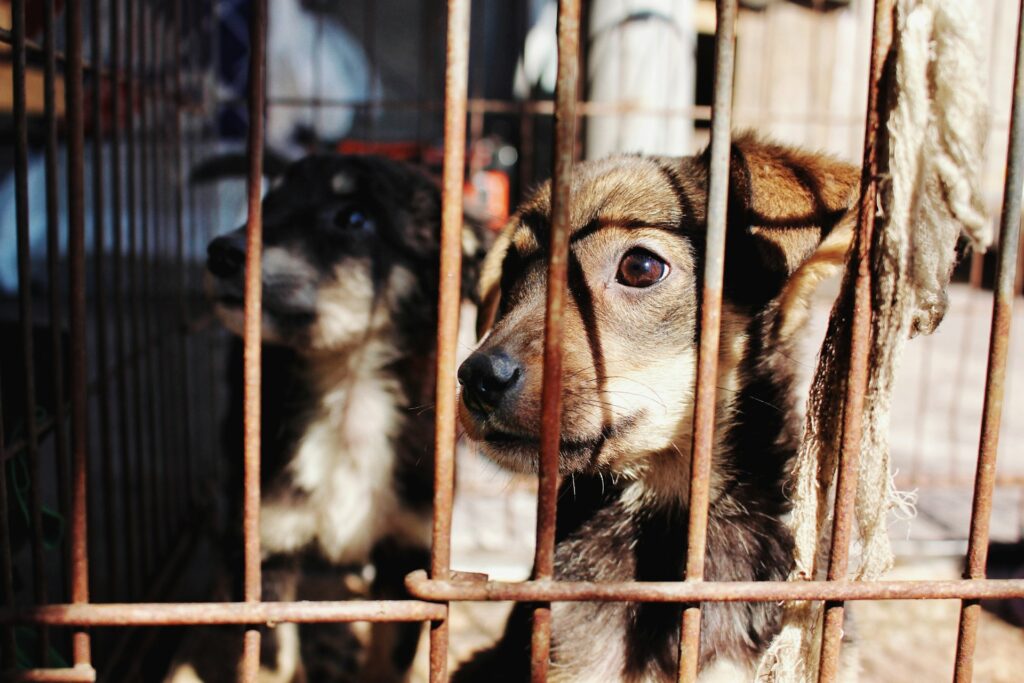
Major Topics in Animal Cruelty
-
Neglect and Abandonment
Neglect occurs when animals are deprived of essential needs such as food, water, shelter, and medical care. Abandonment is a severe form of neglect, often seen when pets are left behind during moves or because they are no longer wanted. This leads to suffering, starvation, and sometimes death.
-
Physical Abuse
Physical abuse includes intentional harm such as beating, burning, or mutilating animals. This type of cruelty inflicts severe pain and trauma, leading to long-term psychological and physical effects. It is an extreme manifestation of cruelty that reflects deep disregard for animal welfare.
-
Exploitation
Exploitation involves using animals for human benefit without considering their well-being. This includes:
- Entertainment: Animals in circuses, zoos, and racing industries are often forced to perform unnatural acts, causing stress and suffering.
- Experimentation: Laboratory testing on animals can involve painful procedures and inadequate care, raising ethical concerns about the necessity and humanity of such experiments.
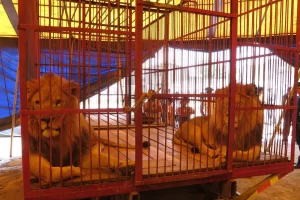
- Commercial Gain: This includes practices like puppy mills or unethical breeding, where animals are used to generate profit with little regard for their health or quality of life.
-
Illegal Wildlife Trade
The illegal wildlife trade is a major issue, involving the capture and sale of wild animals for pets, traditional medicine, or ornaments. This trade often results in severe suffering for the animals involved and threatens their survival. It disrupts ecosystems and endangers species.
-
Factory Farming Is A Key Reason For Cruelty Against Animals
Factory farming involves raising large numbers of animals in confined, unsanitary conditions for meat, dairy, or eggs. These animals often experience extreme confinement, lack of proper veterinary care, and inhumane slaughter practices. The focus on efficiency and profit often overrides their welfare.
Inhumane Behaviors by Humans
Inhumane behaviors reflect a severe lack of compassion and respect for animals. Key examples include:
- Direct Abuse: Actions like hitting, kicking, or otherwise physically harming animals.
- Neglect: Failure to provide basic needs such as food, water, and medical care.
- Exploitation for Entertainment: Forcing animals to perform or endure stressful conditions for human amusement.
- Cruelty in Food Production: Inhumane treatment and slaughter of animals in the food industry.
- Illegal Wildlife Trade: Capturing and selling wild animals in cruel and often fatal conditions.
Government Actions Needed To Stop Curelty Against Animals
-
Strengthening Legislation
Stronger animal welfare laws are essential. Legislation should:
-
Improving Enforcement
Effective enforcement is crucial. Governments should:
-
Public Education and Awareness
Raising public awareness can drive change. Governments should:
-
Support for Animal Shelters and Rescue Organizations
Animal shelters and rescue organizations play a vital role in caring for abused and neglected animals. Support should include:
-
Regulating Factory Farming
Humane treatment of farm animals is essential. Regulations should:
-
Combating Illegal Wildlife Trade
Tackling wildlife trafficking requires:
-
Promoting Alternatives to Animal Testing
Reducing reliance on animal testing involves:
Conclusion
Addressing cruelty against animals requires a multifaceted approach. Strengthening legislation, improving enforcement, and supporting public education are crucial steps in combating this issue. By taking these actions, governments can help ensure that animals are treated with the respect and compassion they deserve. The path to ending animal cruelty is challenging but achievable. With concerted effort and commitment, we can create a more humane world for all living beings.
by- AVISHEK SARKAR
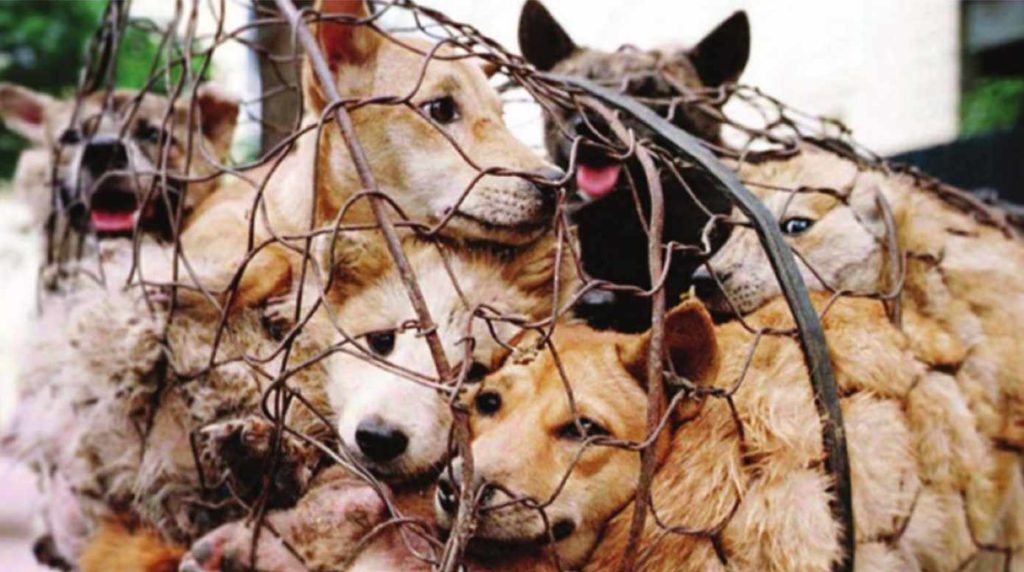
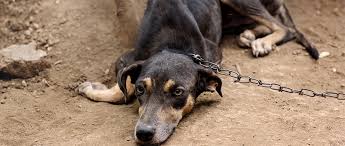
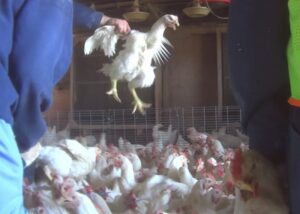
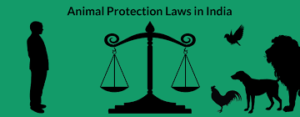

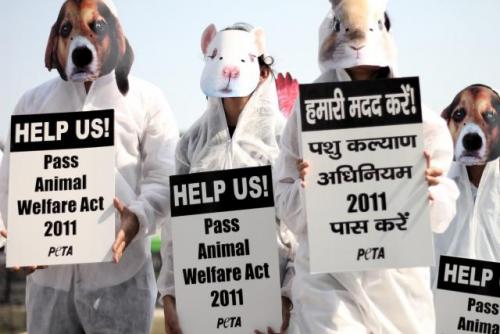
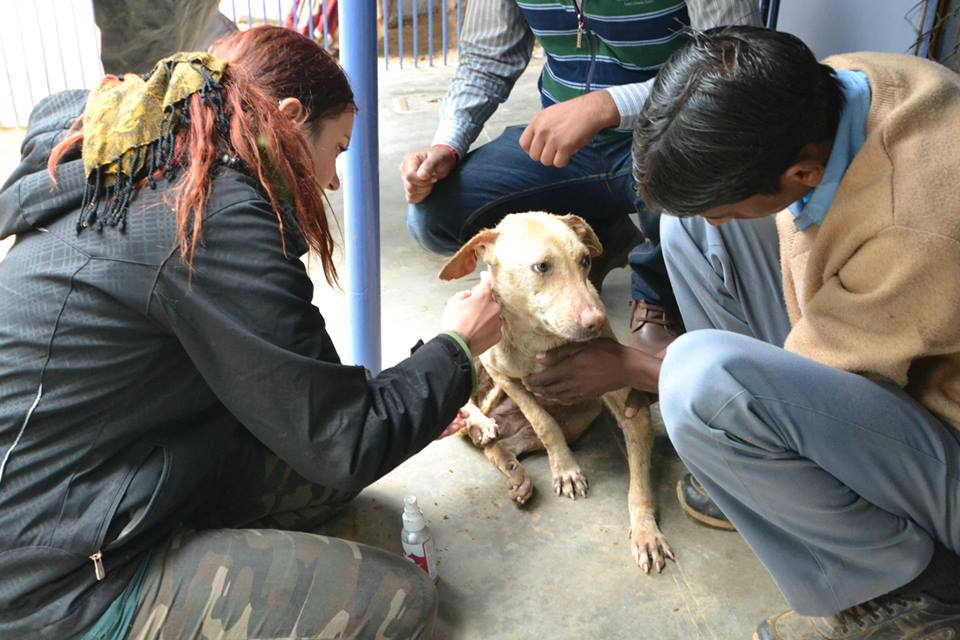
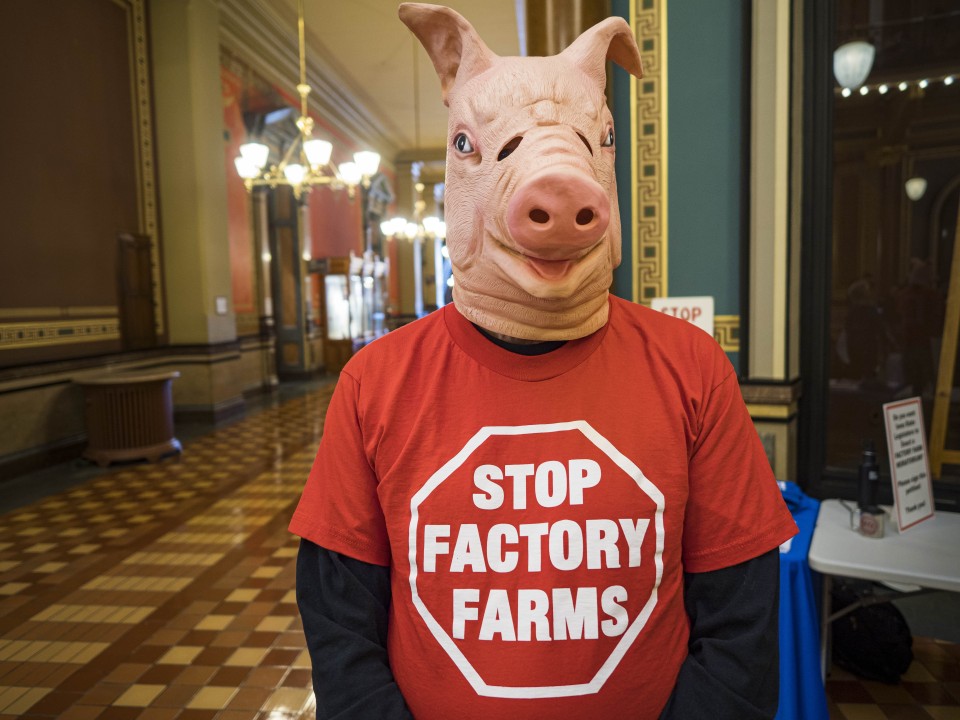
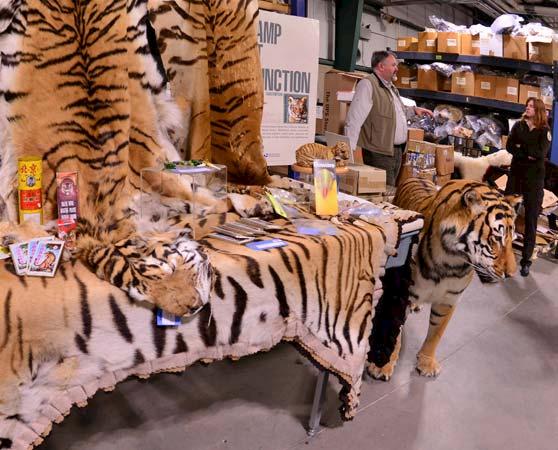
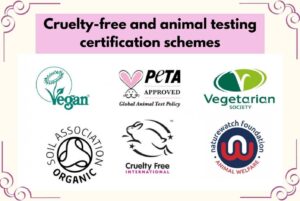
Leave a Reply